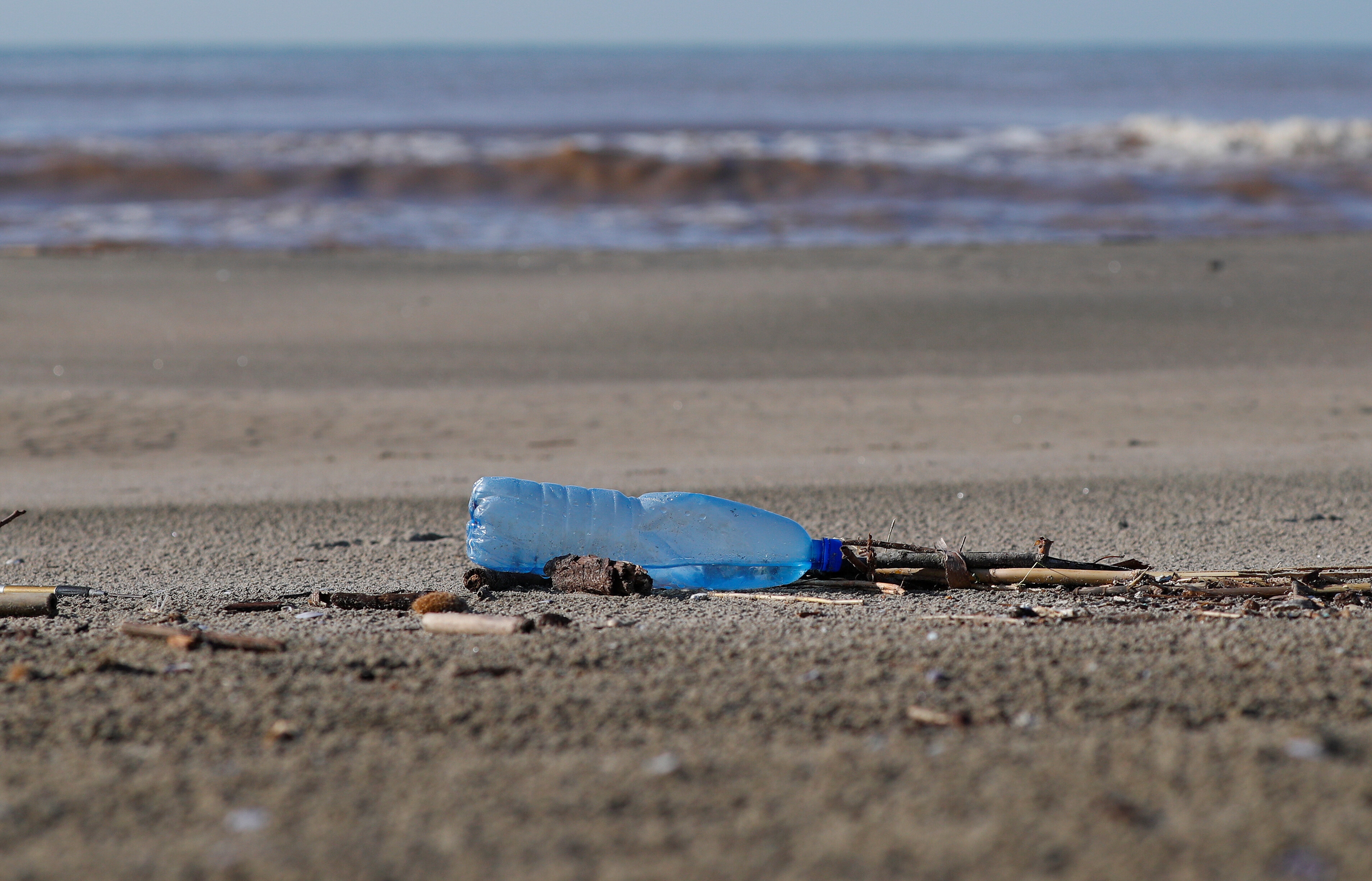Investing in plastic waste can reap rich rewards

Image: Photo by Nick Fewings on Unsplash
- Solving the plastic pollution issue will require systemic change.
- Financing these solutions will require a collective, public-private approach.
From the Mariana Trench to the summit of Mount Everest, plastic waste has become ubiquitous. Identifying a stretch of the planet that has not been impacted by the plastic pollution crisis is difficult, yet even more challenging to conceptualise is the magnitude of financing needed to solve the problem.
Globally, solving the plastic pollution issue will require systemic change. This includes a shift of funds from the production and consumption of virgin plastic toward new models for reuse, substitution and collection – which is estimated to cost US$1.2 trillion over the next two decades.
Financing at this scale cannot be put forward by a single government or an individual bank. It requires a collective, public-private approach to mobilise capital and close the financing gap.
What is the World Economic Forum doing about the circular economy?
Public-private solutions
To date, infrastructure for plastic collection and recycling has not been a top investment priority for governments faced with a multitude of competing choices on how to spend taxpayer money.
Despite limited financial resources, governments have a critical role to play in creating a market for investment by private actors, who can close the financing gap. A myriad of options exist for the public sector to attract investment and support governments’ infrastructure needs. Targeted tax policies and incentives are a few of many possibilities.
Investors, for their part, can begin by pursuing investment opportunities through vehicles that combine philanthropic or development funds to offset risk – while generating financial returns alongside environmental benefits.
"Financial institutions must realise this unique prospect to generate returns while eliminating plastic waste."
”Investing for profit and planet
The market is ripe for investment to end plastic pollution.
Over the last two years, financial institutions’ engagement in the circular economy – a system that decouples resource consumption from value creation and redefines how goods are made and used – has risen. Across numerous sectors, including plastics, circularity is driving higher risk-adjusted stock performance for European listed companies. Attractive investments in emerging markets also exist, but to date remain largely untapped.
From material and business model innovation to waste collection and recycling infrastructure, profitable investment opportunities are present across the plastics value chain. Financial institutions must realise this unique prospect to generate returns while eliminating plastic waste and governments must act to attract such investments through enabling policies. Doing so will not only create a business opportunity, but it will also deliver a critical investment in the health and future of the planet.
Don't miss any update on this topic
Create a free account and access your personalized content collection with our latest publications and analyses.
License and Republishing
World Economic Forum articles may be republished in accordance with the Creative Commons Attribution-NonCommercial-NoDerivatives 4.0 International Public License, and in accordance with our Terms of Use.
The views expressed in this article are those of the author alone and not the World Economic Forum.
Stay up to date:
Plastic Pollution
Related topics:
Forum Stories newsletter
Bringing you weekly curated insights and analysis on the global issues that matter.
More on Climate ActionSee all
Hu Xiangdong and Felipe Carazo
August 1, 2025






